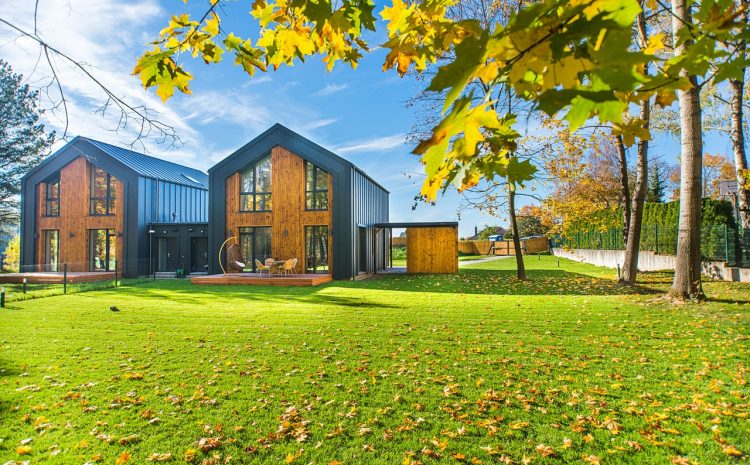
Despite the economic crisis caused by the COVID-19 pandemic, the German real estate market continues to show steady growth – both the primary and secondary market.
According to the latest data from the Federal Statistical Office (Destatis), real estate in Germany is in increasing demand and continues to grow in price. For example, the cost of residential real estate in the third quarter of 2021 increased by an average of 12 percent, showing a record level of growth since 2000.
It is noteworthy that compared to 2014, real estate prices have increased by almost 67 percent on average. According to analysts, factors such as low interest rates on mortgage loans, as well as the successful recovery of the German economy, contribute to the current price increase.
The rise in prices in 2021 was the most intense since 2000. Most significantly (by 14.5 percent on average) this affected residential real estate in cities such as Berlin, Hamburg, Munich, Cologne, Frankfurt, Stuttgart and Dusseldorf.
Rising prices for secondary real estate inevitably causes an increase in prices for apartments in new high-rise buildings. According to Destatis, in August 2021, the value of primary properties was 12.6 percent higher than in the same period of the previous year.
In addition, rent growth in Germany is also visible. Last year, average rental price increased by 4.1 percent. The most notable increase in rental prices was in Berlin and Düsseldorf. Despite this fact, many experts predict that the trend of increasing demand for housing in Germany will continue to take place, and as a result, a further rise in prices during 2022 is expected. Presumably, renting apartments in old buildings in Berlin will cost 8 percent more in the future, and 7 percent more in new ones. In Cologne, a slightly less significant increase in prices is expected – by 3 percent, in Hamburg and Frankfurt am Main – by 1 percent.
The cost of construction of new residential houses has also risen significantly. This is due to a shortage of labor, as well as rising prices for building materials, especially wood, concrete and steel. For example, in August 2021, the cost of wood rose by a record 46.5 percent. According to Michael Voigtländer, an expert on real estate at the German Institute for Economics (IW), increased financial costs have a negative impact on the speed of implementation of many construction projects in Germany.
In Germany, as well as in other European countries, the demand for luxury real estate (which is becoming a popular investment) has also increased significantly. This is reported by the Hamburg brokerage Engel & Völkers, which in 2021 sold almost twice as many (97 percent) premium properties in the price segment from 5 to 10 million euros as in the previous year. It is noted that foreign buyers do not dominate the German real estate market.


